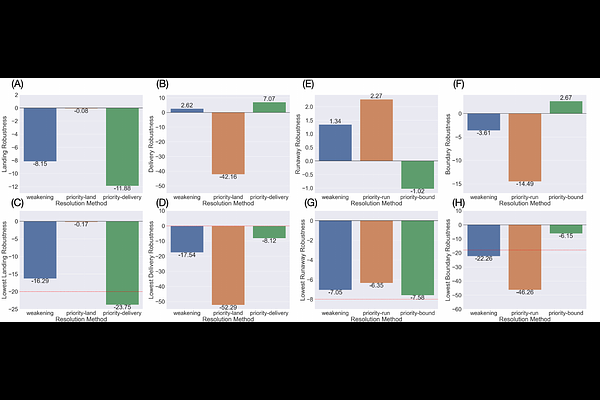Runtime Resolution of Feature Interactions through Adaptive Requirement Weakening

Runtime Resolution of Feature Interactions through Adaptive Requirement Weakening
Simon Chu, Emma Shedden, Changjian Zhang, Rômulo Meira-Góes, Gabriel A. Moreno, David Garlan, Eunsuk Kang
AbstractThe feature interaction problem occurs when two or more independently developed components interact with each other in unanticipated ways, resulting in undesirable system behaviors. Feature interaction problems remain a challenge for emerging domains in cyber-physical systems (CPS), such as the Internet of Things and autonomous drones. Existing techniques for resolving feature interactions take a "winner-takes-all" approach, where one out of the conflicting features is selected as the most desirable one, and the rest are disabled. However, when multiple of the conflicting features fulfill important system requirements, being forced to select one of them can result in an undesirable system outcome. In this paper, we propose a new resolution approach that allows all of the conflicting features to continue to partially fulfill their requirements during the resolution process. In particular, our approach leverages the idea of adaptive requirement weakening, which involves one or more features temporarily weakening their level of performance in order to co-exist with the other features in a consistent manner. Given feature requirements specified in Signal Temporal Logic (STL), we propose an automated method and a runtime architecture for automatically weakening the requirements to resolve a conflict. We demonstrate our approach through case studies on feature interactions in autonomous drones.